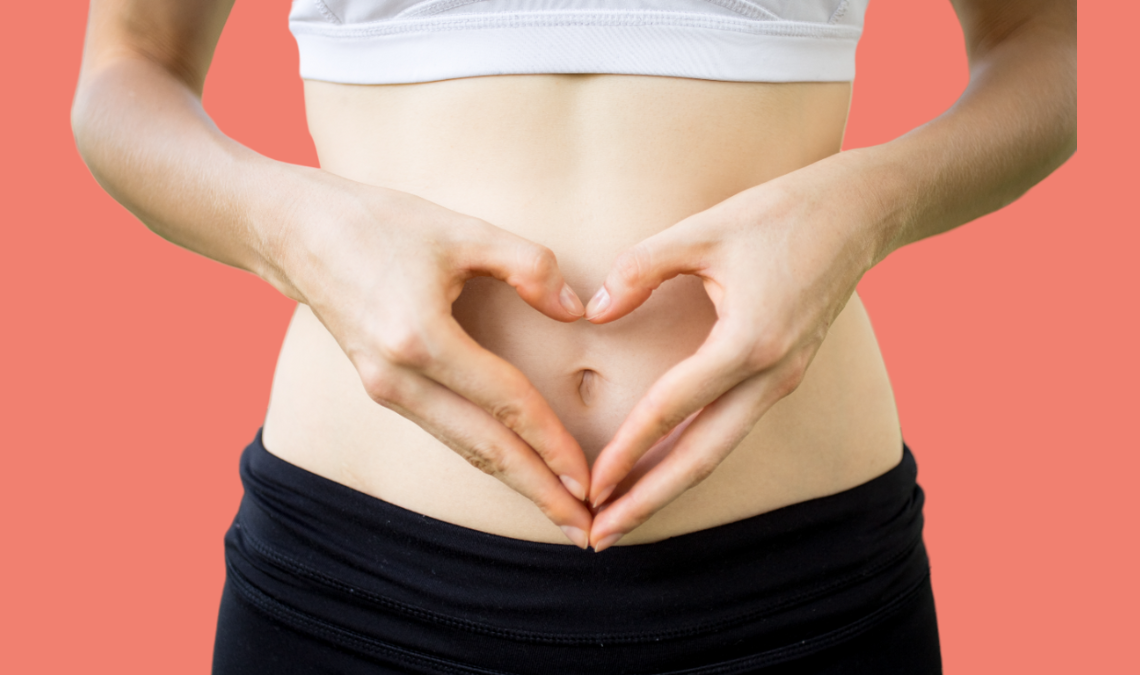Menstruation is part and parcel of being a woman, but did you know that your gut health can affect your periods and cramps? The gut-period link refers to the connection between gut health and the symptoms experienced during the menstrual cycle, particularly menstrual cramps. In fact, the health of the gut, which includes the balance of microorganisms in the digestive system, can influence the severity of menstrual cramps and overall menstrual well-being.
How your gut health affects your menstrual experience
At the core of this connection is the gut microbiota, an expansive community of microorganisms that resides within your digestive system. This dynamic ecosystem, comprising bacteria, viruses, fungi, and other microbes, plays a pivotal role in maintaining the delicate balance necessary for optimal digestive function, nutrient absorption, and immune system regulation.
Menstrual cramps can be exacerbated by issues within the digestive system. The gut’s role extends beyond its primary function of breaking down food; it contributes to the regulation of inflammation and the perception of pain.
Digestive issues such as bloating, constipation, or diarrhea may seem unrelated to menstrual discomfort, but they can amplify cramps severity. An upset gut can elevate inflammation levels and heighten the body’s sensitivity to pain, making the experience of menstrual cramps more pronounced.
To alleviate menstrual cramps, certain dietary choices can help support gut health and overall well-being. Incorporating fiber-rich foods, staying hydrated, consuming probiotic-rich foods to support a healthy gut microbiome, including sources of omega-3 fatty acids for their anti-inflammatory properties, and minimizing processed foods and sugar intake can help maintain gut balance.
Dietary Hacks for Relief
The good news is that you don’t need a major overhaul of your life to help your gut and potentially ease those cramps. Here are some down-to-earth dietary strategies:
- Fiber Friends: Include more fiber in your meals. Think fruits, veggies, and whole grains. Fiber keeps things moving in your gut and helps you avoid constipation, a common cramp companion.
- Stay Hydrated: Drink enough water. Hydration supports digestion and helps prevent bloating and water retention. Plus, it’s just good for you.
- Probiotic Power: Consider adding probiotic-rich foods to your diet – things like yogurt, kefir, or sauerkraut. These foods introduce good bacteria into your gut, potentially reducing inflammation and making your stomach a happier place.
- Omega-3 Allies: Foods rich in omega-3 fatty acids, like fish and nuts, might help ease inflammation. They’re like your allies in the battle against cramps.
- Cut the Junk: Minimize processed foods and sugars. They can mess with the balance of your gut bacteria and contribute to inflammation – not what you need when you’re already dealing with cramps.
Your gut and your period might not seem like a dynamic duo, but they’re more connected than you think. Taking a few small steps to support your gut health could make those cramps a little less bothersome. It’s not about a major lifestyle overhaul, just some practical choices that might help you feel better when your periods arrive.



